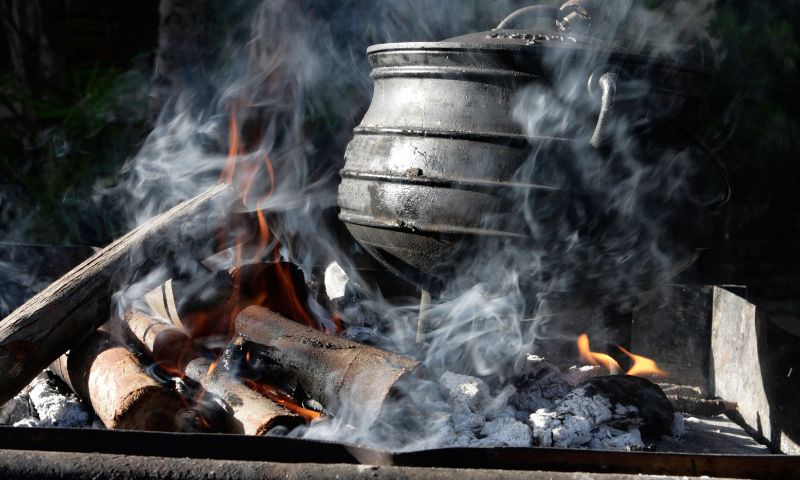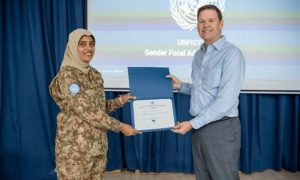PESHAWAR: There are major risks to the city’s environment and public health due to the rising levels of residential pollution from solid waste and biomass generation.
In the current winter season, the air quality index in Peshawar has sounded the alarm by registering a hazardous stage with pollution levels surpassing 236, catapulting the city to the most polluted in the country. Environmental experts attribute the primary sources of air pollution to vehicular emissions and household activities such as burning fossil fuels, wood, and waste for cooking.
A recent study by the Peshawar Clean Air Alliance (PCAA), a volunteer association of civil society members, revealed that transportation contributes 58.46 percent to air pollution, followed by household pollution at 11.66 percent, waste burning at 4.1 percent, and dust at 17.67 percent.
The study highlighted that Khyber Pakhtunkhwa has one of the highest proportions of wood fuel usage, especially in rural households, with approximately half of Peshawar’s population residing in rural areas. The annual Fine Particulate Matter (PM2.5) in Peshawar exceeded national and provincial standards by 4 to 5 times and WHO guidelines by 12-16 times.
The elevated levels of PM2.5 substantially impact the population’s health, with the Air Quality Life Index (AQLI) estimating that citizens of Peshawar could add up to 2.3 years to their life expectancy if air quality meets WHO guidelines.
Dr. Adil Zareef, a public health expert and convener of PCAA, emphasized the urgent need for a multi-sectorial policy to address air pollution and protect the public from associated health issues.
Dr. Adil proposed the introduction of an “Environmental Green Police” with regulatory authority under the Environment Protection Agency (EPA) KP to impose penalties on offenders. He suggested that green policing could assist in implementing strict measures against visibly emitting vehicles.
Dr. Asif Khan, a consultant on Climate Change and Water for the Asian Development Bank (ADB), emphasized the importance of a shared vision and a multi-sectoral approach to improve air quality in the long term.
In addition to air pollution, the accumulation of solid waste remains a significant concern. Fawad Pirzada, an environmental activist, has developed an app called “The Kabari” to facilitate garbage removal and proper disposal from homes.
Fawad stressed the importance of spreading awareness about income generation through solid waste segregation and encouraged more initiatives like his to address Peshawar’s growing waste management challenges.
Sajid Ali, a Water, and Sanitation Services Peshawar official urged citizens to cooperate with public sector entities to resolve these environmental issues. He emphasized the need for responsible waste disposal practices and citizen cooperation to maintain a clean and green environment in Peshawar.
—APP


























